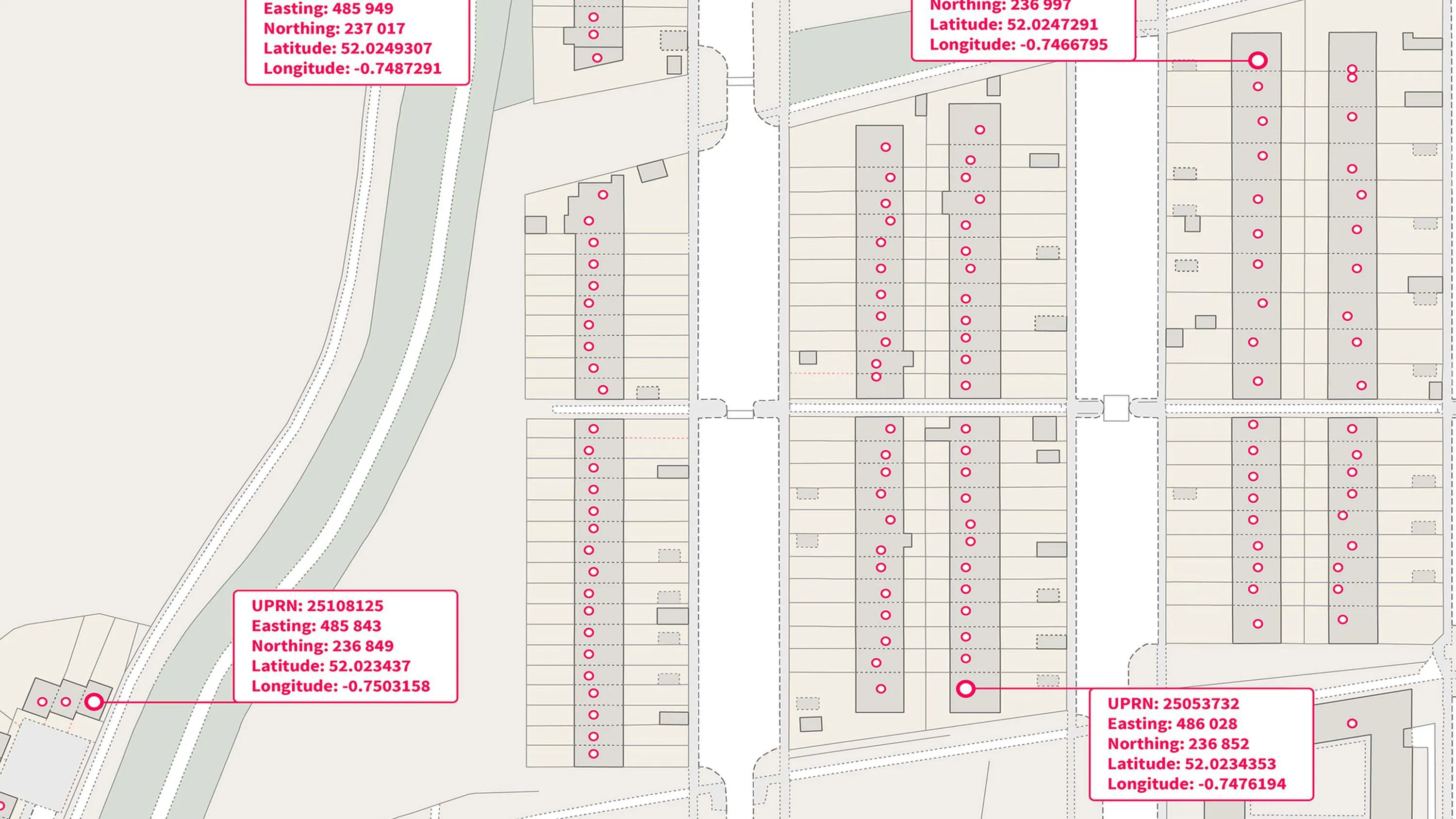Learn why authoritative address data is the most valuable device for more responsible, secure and compliant lending.
Your data certainty report and guide to better lending decisions
Our valuable report explains how to demonstrate responsible lending, honour your commitment to build back better, and gain data certainty you can bank on.
Are you ready to define your address data goals? Discover 3 simple steps to data certainty with our financial services guide.
Complete the form below to read your report and guide.


